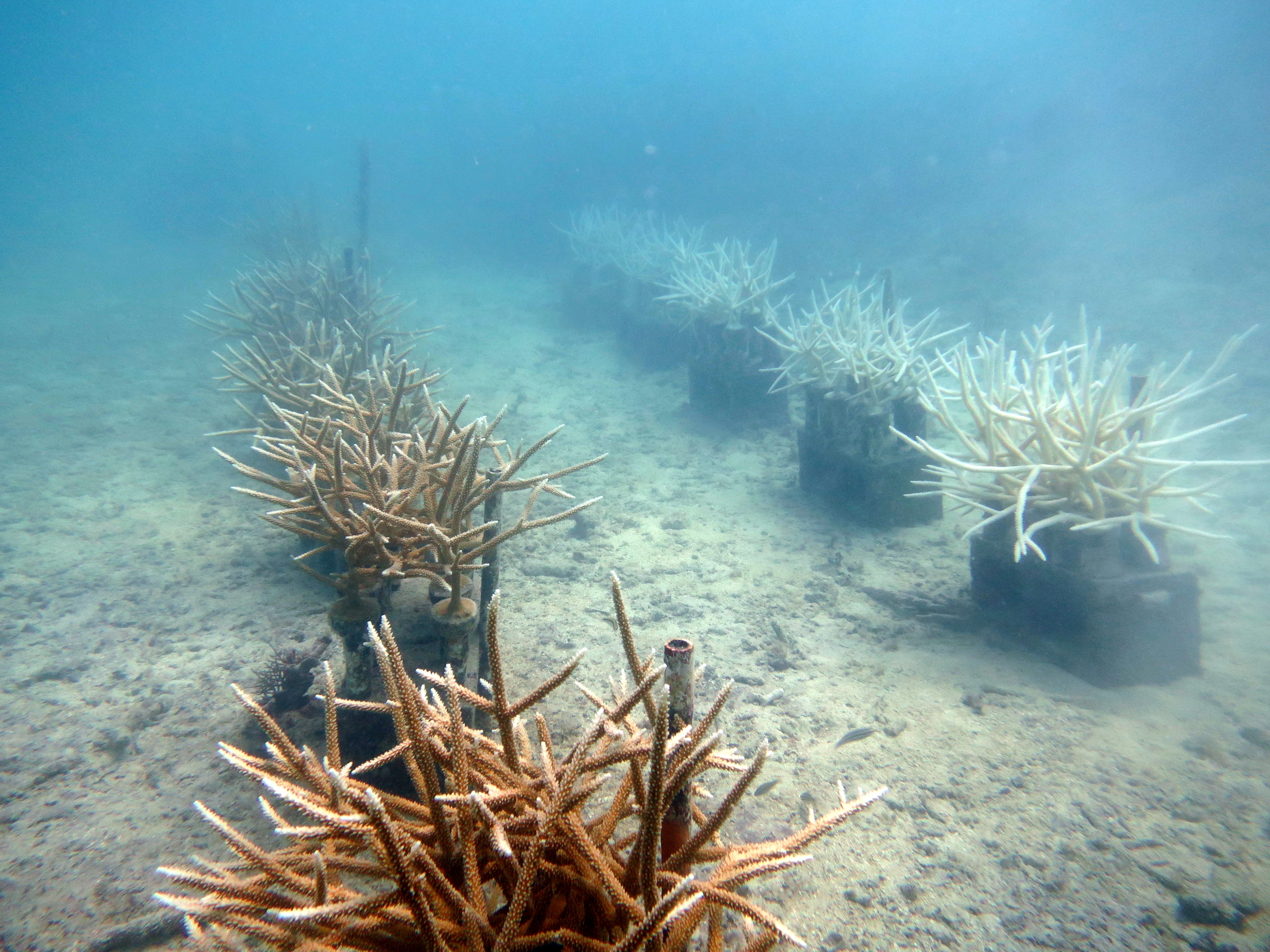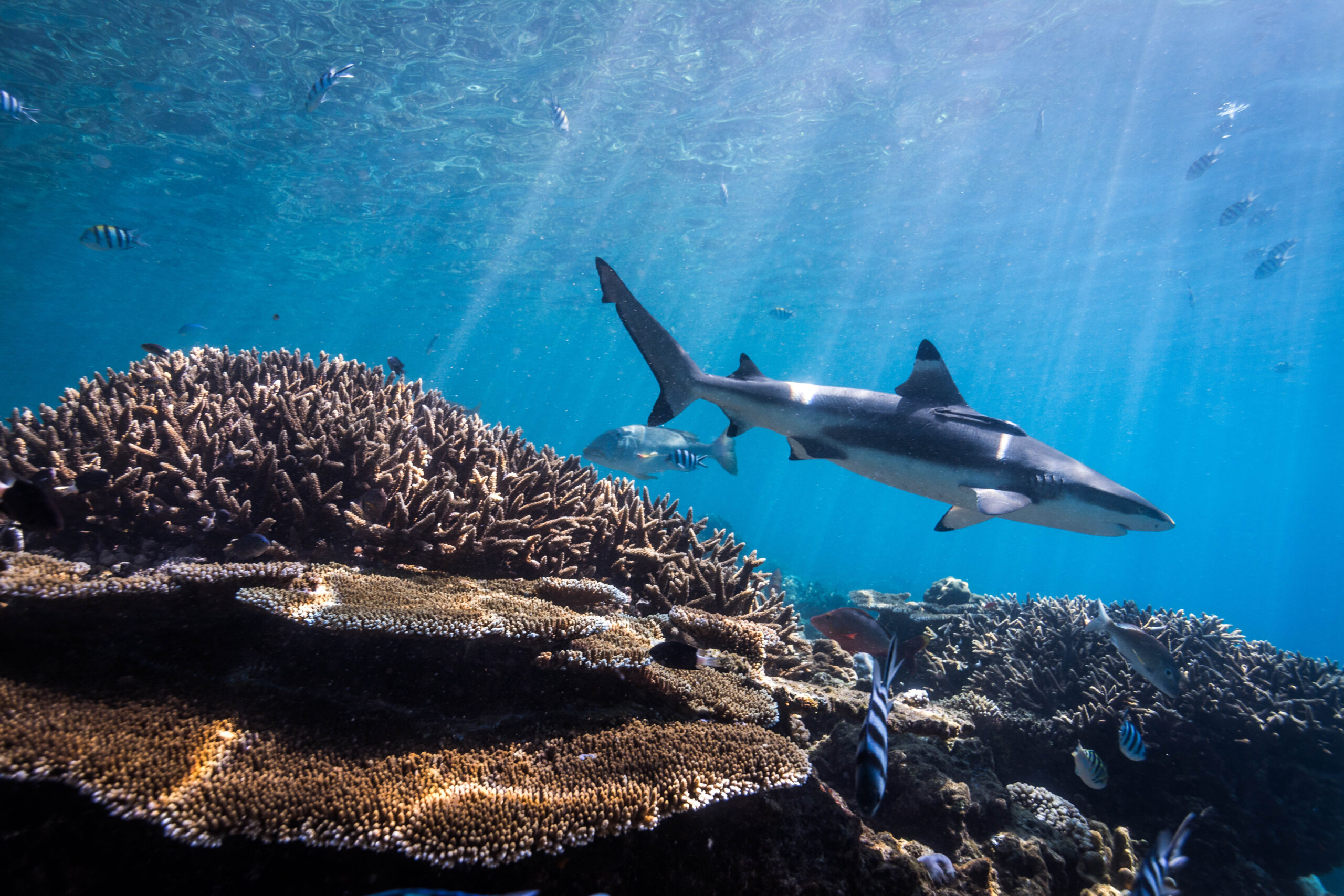This symposium was live streamed as part of the Coral Restoration Consortium webinar series in conjunction with The Geomar Helmholtz Centre for Ocean Research Kiel and “The Future Ocean” cluster in Kiel. Speakers shared information on new approaches for the conservation of coral reefs such as assisted colonization and assisted evolution and synthetic biology. View the presentation recordings below.
Presentations:
Welcome and introduction – Marlene Wall, Geomar, Germany
Session 1: Shifting paradigms in conservation: social, public and scientific landscape of conservation genetics
Objective: The aim of session 1 is to (i) discuss new approaches for the conservation of natural environments, such as assisted colonization, assisted evolution and synthetic biology and (ii) introduce the current legal, public and scientific framework of novel methods in conservation.
- A history of assisted colonization: IUCN Guidelines and the growing need to consider risky conservation translocation – Phil Seddon, University of Ottago, New Zealand
- The role of Synthetic Biology in conserving the new nature – Kent H. Redford, Archipelago Consulting, USA
- Coral reef restoration in a changing environment – Dirk Petersen, SECORE, Germany
Session 2: Assisted evolution in corals: Opportunities, applications, challenges, and limitations
Objective: The aim is to introduce how assisted evolution might change our way of restoring natural marine environments. What new tools are available that can improve the selection of environmental stress resistance and be implemented in conservation? What are the promises and perils of such approaches?
- Coral conservation genetics in a changing climate – Iliana Baums, Pennsylvania State University, USA
- How assisted evolution and synthetic biology can help address the coral reef crisis – Madeleine van Oppen, University of Melbourne/AIMS, Australia
- Assisting coral reef survival in the face of climate change – James Guest, Newcastle University, UK
- Discussion – Thorsten Reusch & Marlene Wall



